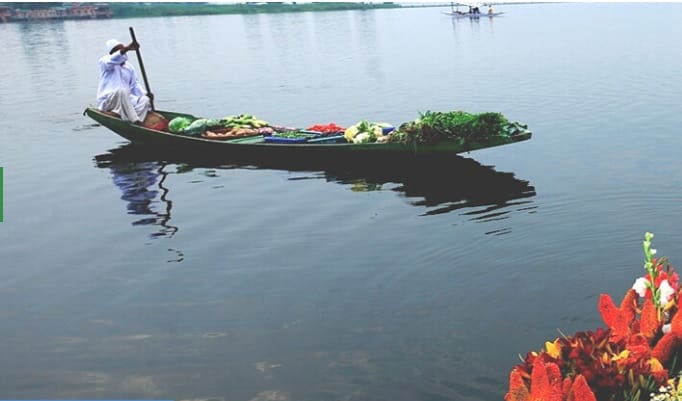Last Updated on April 24, 2025 6:00 pm by INDIAN AWAAZ
R. Suryamurthy
A devastating terrorist attack on tourists in Pahalgam, Kashmir, on April 22nd, 2025, resulting in at least 28 deaths and numerous serious injuries, has triggered a severe crisis in the region’s once-flourishing tourism industry. The attack has prompted a wave of cancellations from tourists who had planned to visit the valley, jeopardising the livelihoods of thousands dependent on the sector.
Kashmir had been experiencing a significant upswing in tourism in recent years, with expectations of continued growth in 2025. Official figures released last month by Jammu and Kashmir Chief Minister Omar Abdullah indicated that 2.3 crore tourists had already visited the region in 2025. Overall tourism numbers reached 18,884,317 in 2022 and 21,180,011 in 2023.
However, the recent attack in Pahalgam, a key tourist destination and a base for the Amarnath Yatra, has cast a shadow over this success. Tourism stakeholders fear that this violence will deter visitors from across the country. The attack also threatens to disrupt the Amarnath Yatra, with potential repercussions for pilgrim sentiment just as the registration process commences. The state tourism data reported over 21 million pilgrims visited Kashmir for the Amarnath Yatra in 2023.
In the immediate aftermath of the attack, LocalCircles conducted a survey to assess the impact on travel plans to Kashmir. The survey, which garnered over 21,000 responses from travelers located in over 361 districts of India, revealed a dramatic shift in travel intentions.

A significant 62% of the 6,807 respondents who had existing plans to travel to Kashmir between May and December 2025 indicated they are now cancelling their plans or bookings. Only 38% of respondents with existing plans stated they are still proceeding with their trips.
The survey also explored the likelihood of travel to Kashmir over the next three years. While 29% of the 14,430 respondents said they are “most definitely” likely to plan a trip to Kashmir in the next three years, 21% said they are “most definitely not” likely to visit. A crucial 33% indicated that their decision will depend on how the government handles the safety situation in the region.
The LocalCircles survey included a diverse group of respondents. 63% were men and 37% were women. Respondents were spread across different tiers of cities and towns: 41% from tier 1 cities, 28% from tier 2 cities, and 31% from tier 3, 4, 5, and rural districts.
The survey data underscores the significant challenge the government faces in restoring confidence in Kashmir as a safe tourist destination. Implementing effective measures to protect travelers will be essential to mitigating the damage to the tourism industry and encouraging future visits.

